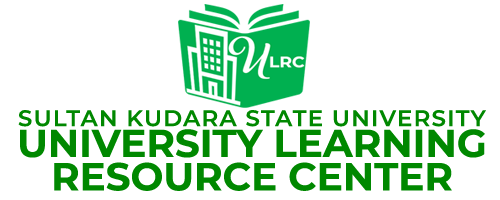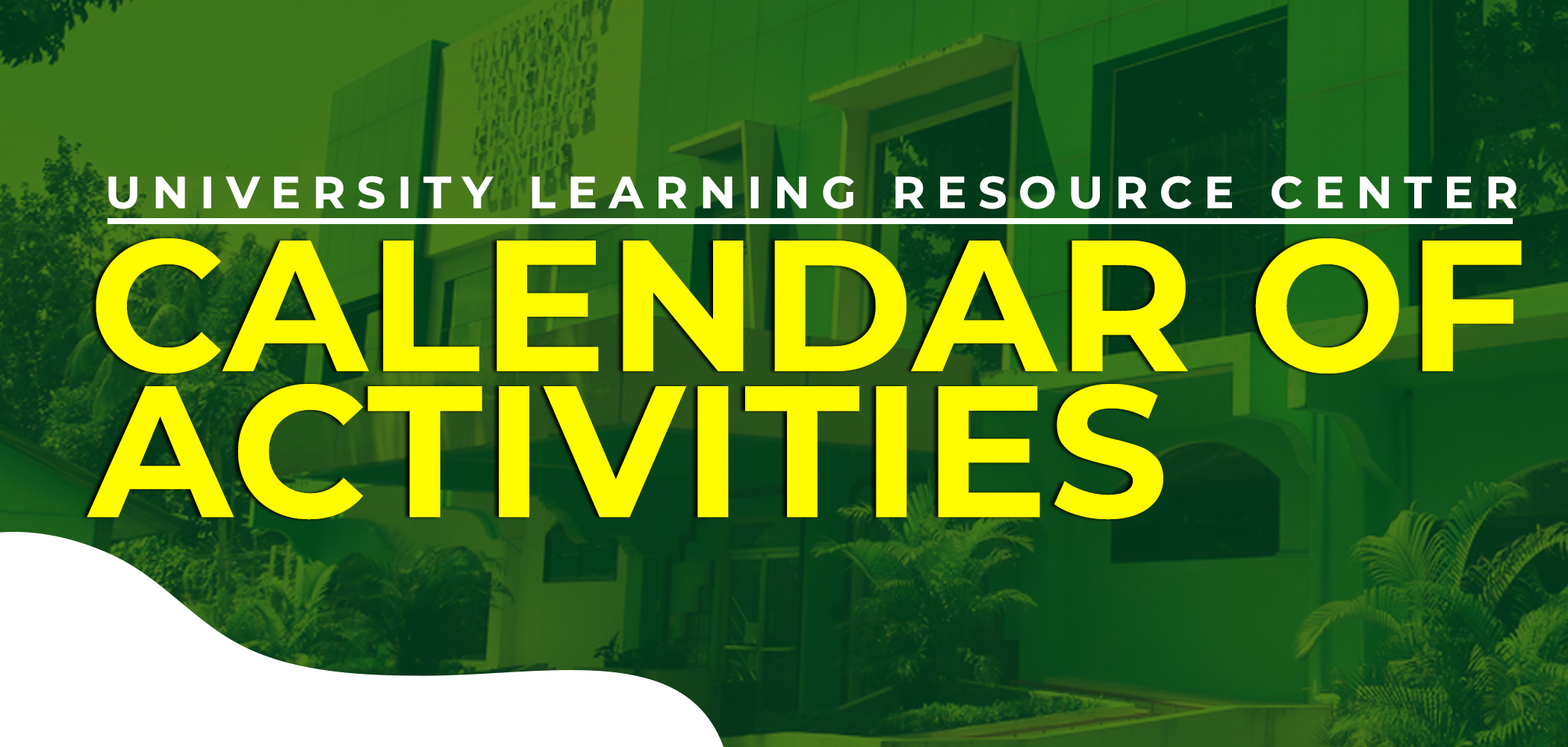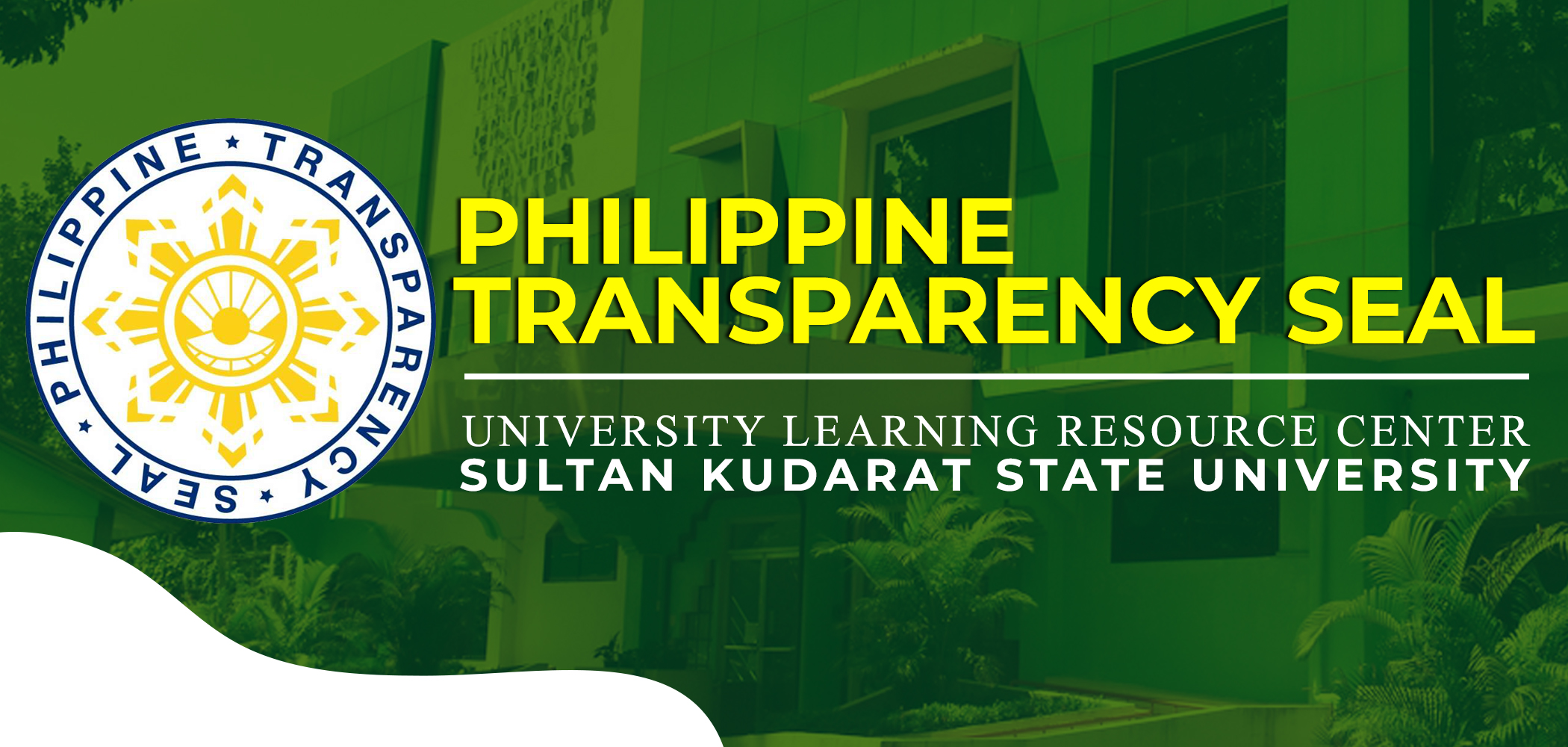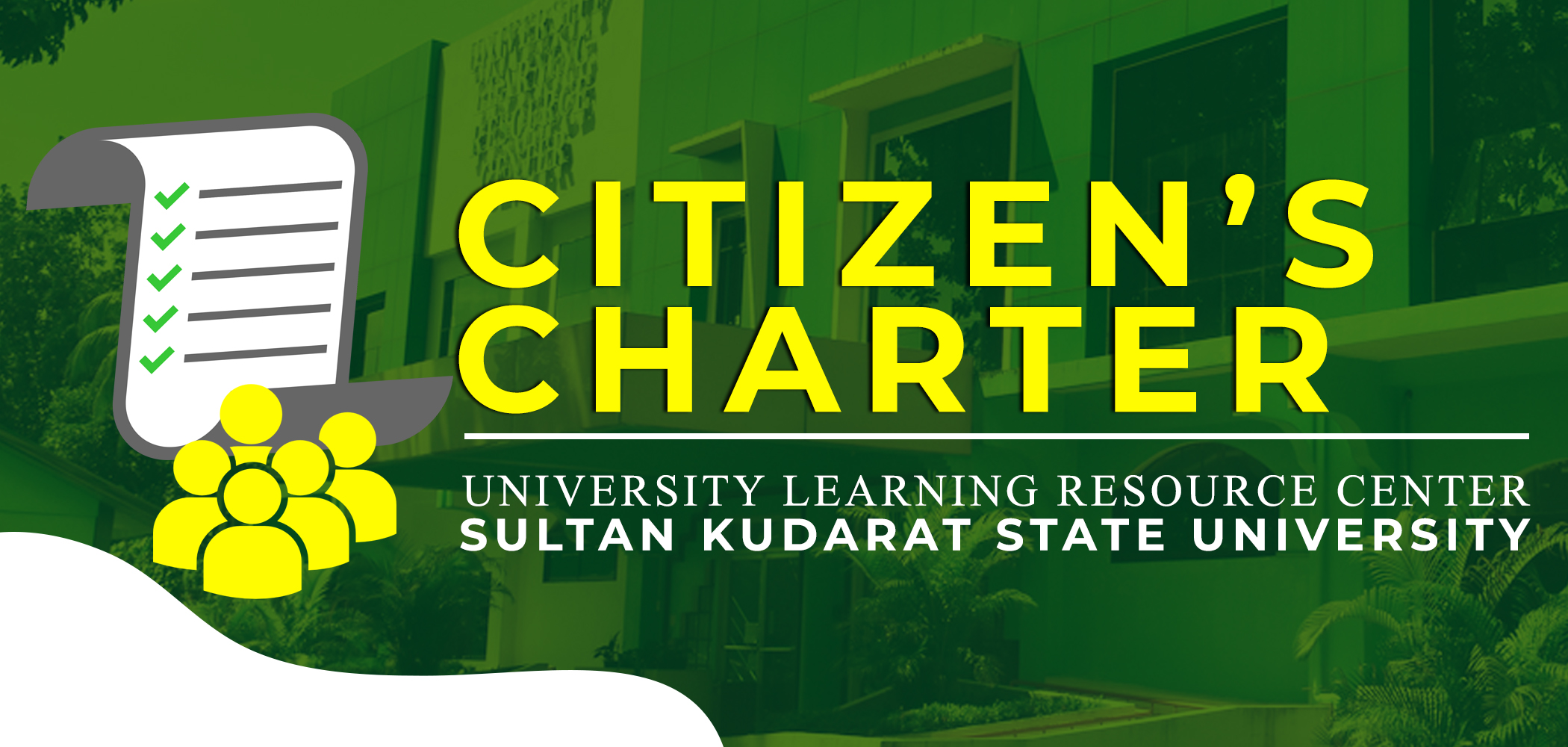
Index to Online Free Access Abstract/Full-text Research Databases
(Linkages are arranged in alphabetical order)
|
|
|
|
|
|
|
|
|
|
|
|
|
|
|
|
|
|
|
|
Open Access E-Books
Below are some of the best sites collected from the web
that offers free access to electronic books, some are
downloadable and some are to be read online.

OPEN ACCESS Magazine
Philippine Journals
- Ecosystem & Development Journals
- Journal of Environmental Science & Management
- Philippine Journal of Science
- Philippine Journal of Systematic Biology
- Philippine E-Journal
- Philippine Journal of Crop Science
- Rice-Based Bio-systems Journals
General Open Access Journal


